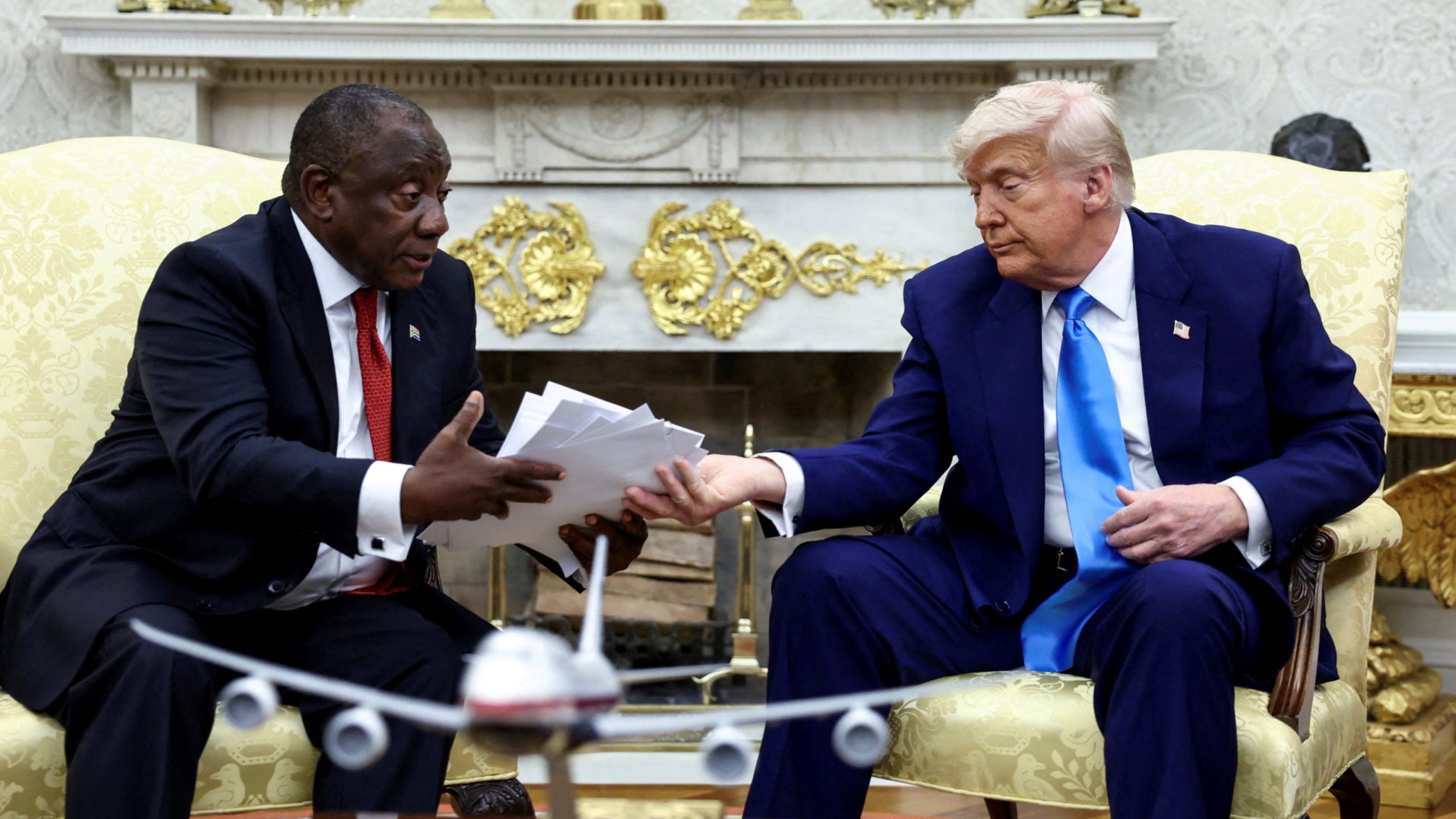The United States House of Representatives recently passed the US–South Africa Bilateral Relations Review Act. It calls for US sanctions on ANC leaders. Introduced by Republican Congressman John James, the bill addresses South Africa’s growing ties with Russia, particularly amid the Ukraine conflict. Consequently, it now awaits Senate approval, with potential implications for bilateral relations.
Concerns Over Russia Ties
South Africa’s military and diplomatic engagements with Russia have raised concerns in Washington. For instance, joint naval exercises with Russia and participation in BRICS summits are perceived as undermining US efforts to isolate Russia over its war in Ukraine.
The legislation mandates the US State Department to investigate whether ANC leaders have supported Russia’s actions. This investigation could potentially trigger US sanctions on ANC leaders. This scrutiny reflects broader geopolitical tensions.
ANC Rejects US Interference
The ANC has fiercely opposed the proposed sanctions. ANC spokesperson Mahlengi Bhengu-Motsiri labeled the bill “a direct attack on South Africa’s democracy.” The spokesperson urged the US to respect the nation’s sovereignty. This response highlights South Africa’s commitment to an independent foreign policy, despite international pressure to align with Western interests.
Impact on US–South Africa Relations
If the Senate approves the bill and the President signs it, US sanctions on ANC leaders could include travel bans and asset freezes. Such measures might strain US–South Africa relations. This is significant because the US is South Africa’s second-largest trading partner.
Moreover, the bill underscores Washington’s unease with South Africa’s non-aligned stance in global conflicts, potentially complicating economic ties.
South Africa’s Geopolitical Challenge
As the bill progresses, South Africa faces increasing international scrutiny. The potential for US sanctions on ANC leaders could reshape diplomatic and economic relations. This challenges the ANC-led government to balance global partnerships with domestic priorities. South Africa’s response will be critical in maintaining its sovereignty while addressing these pressures.






